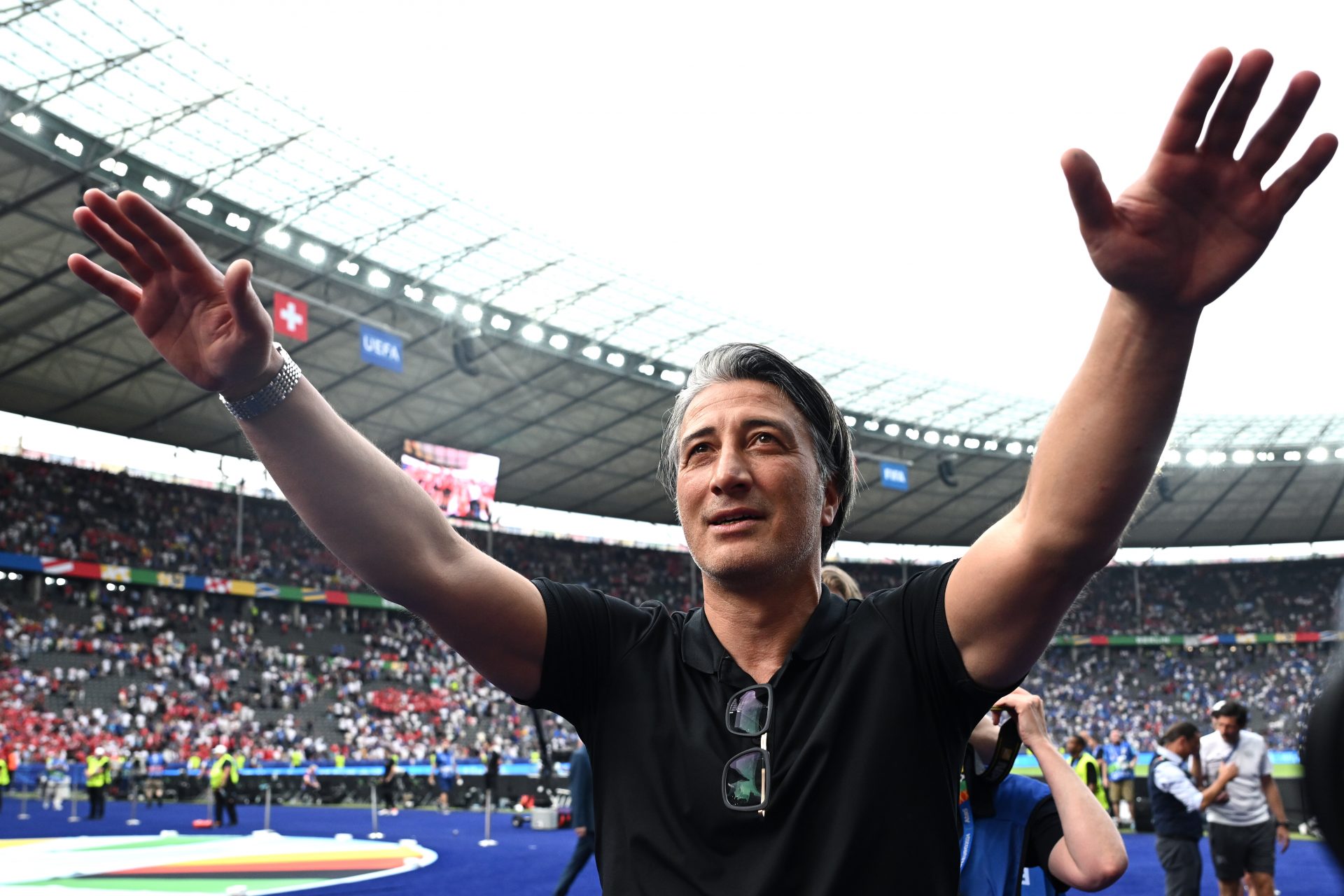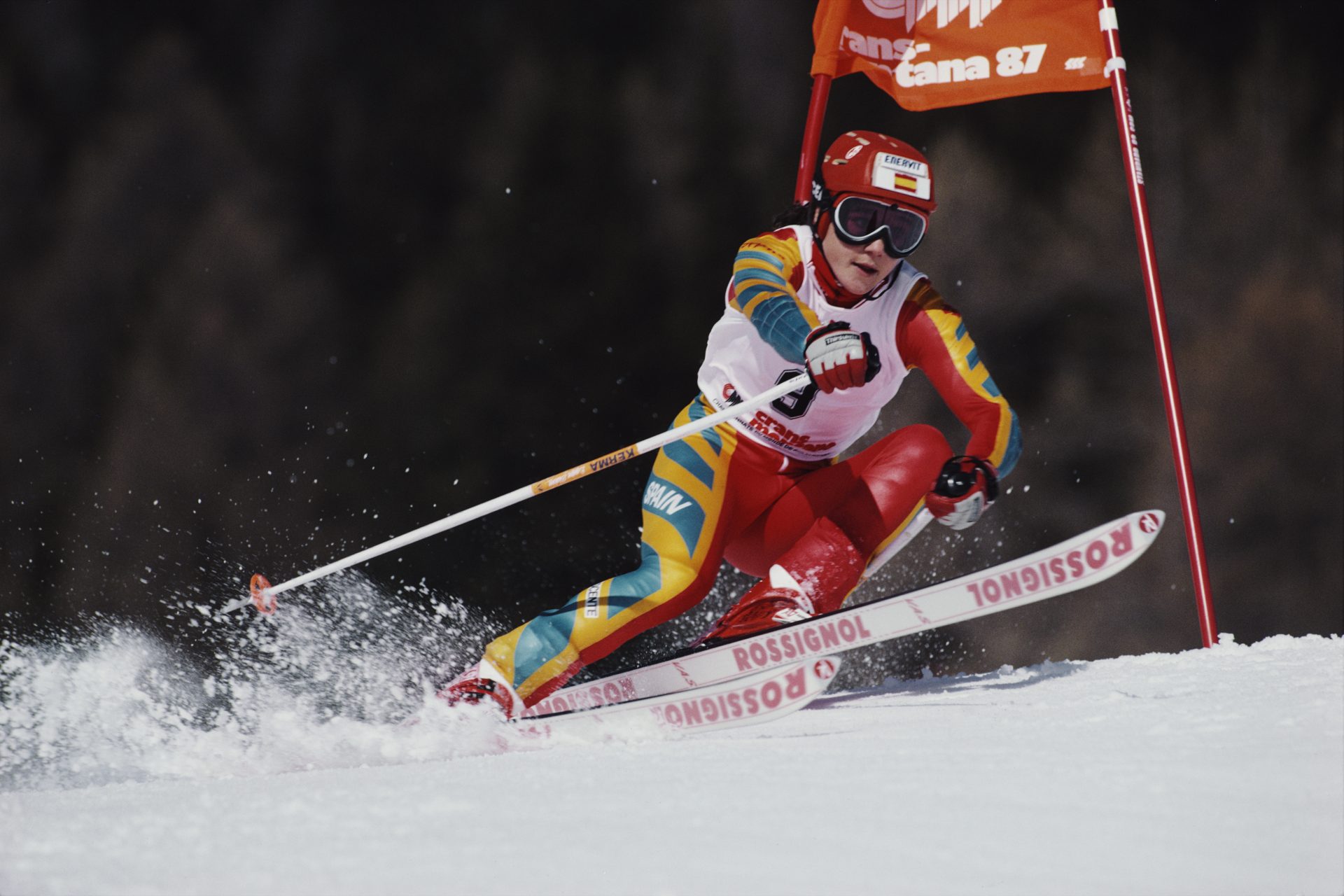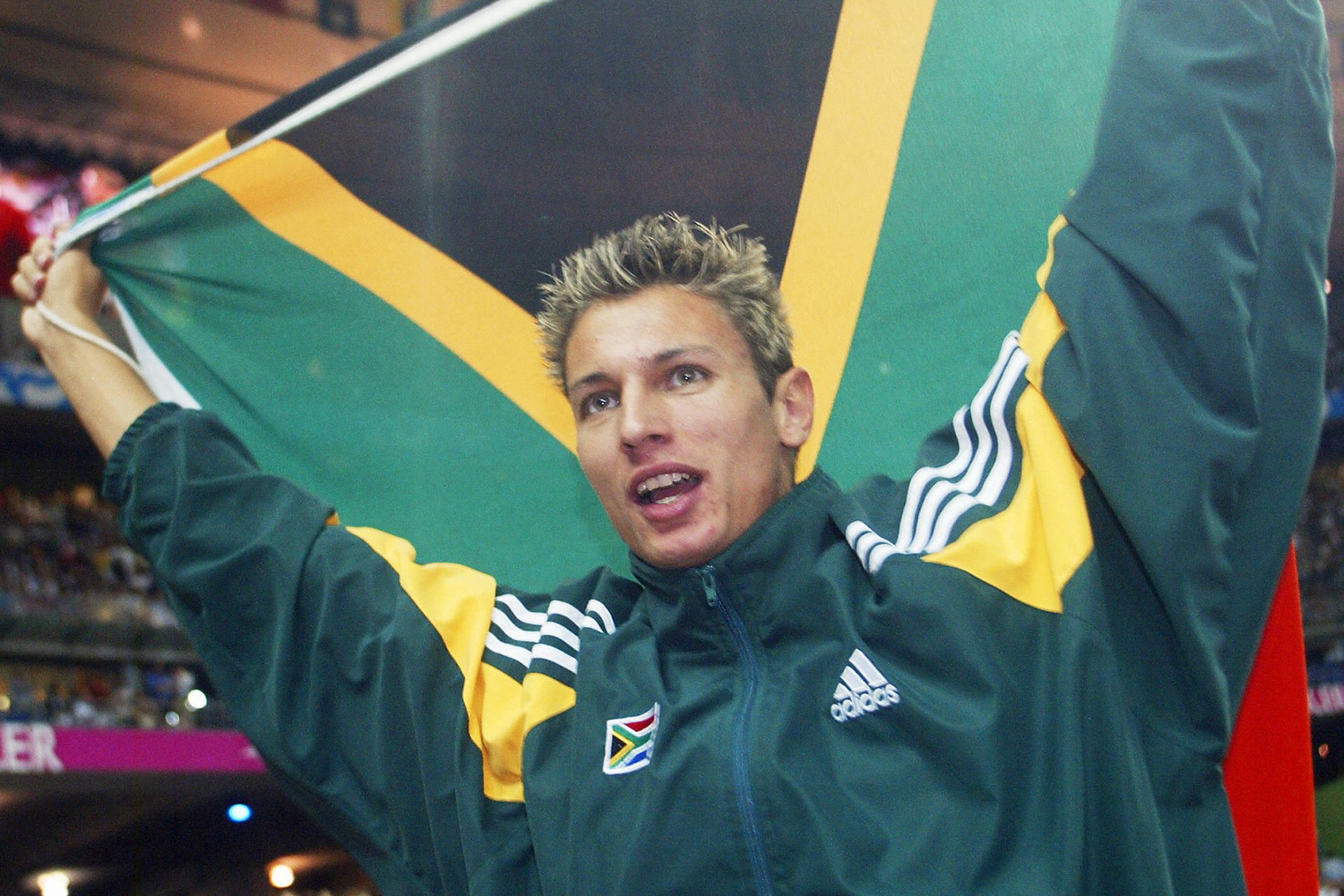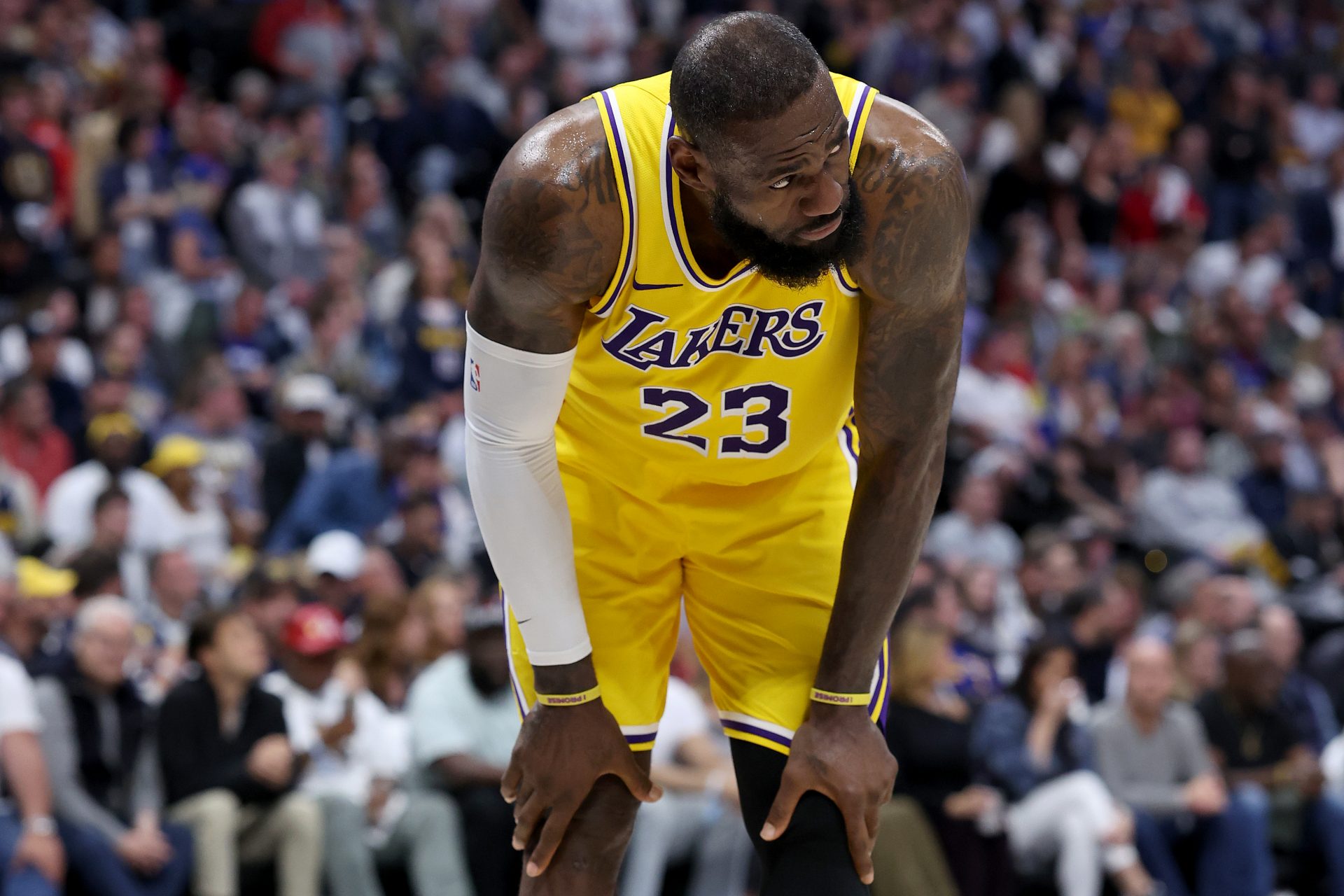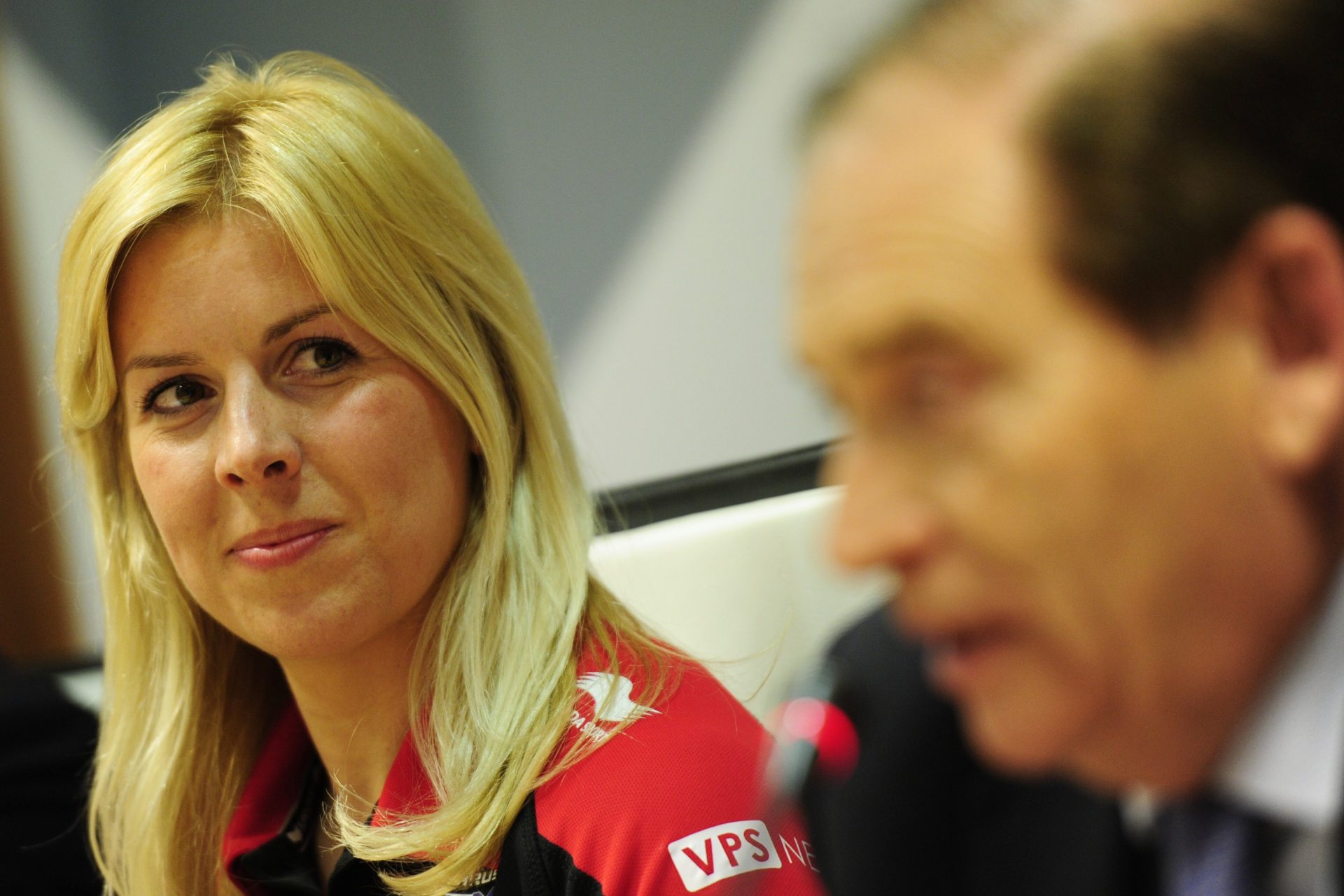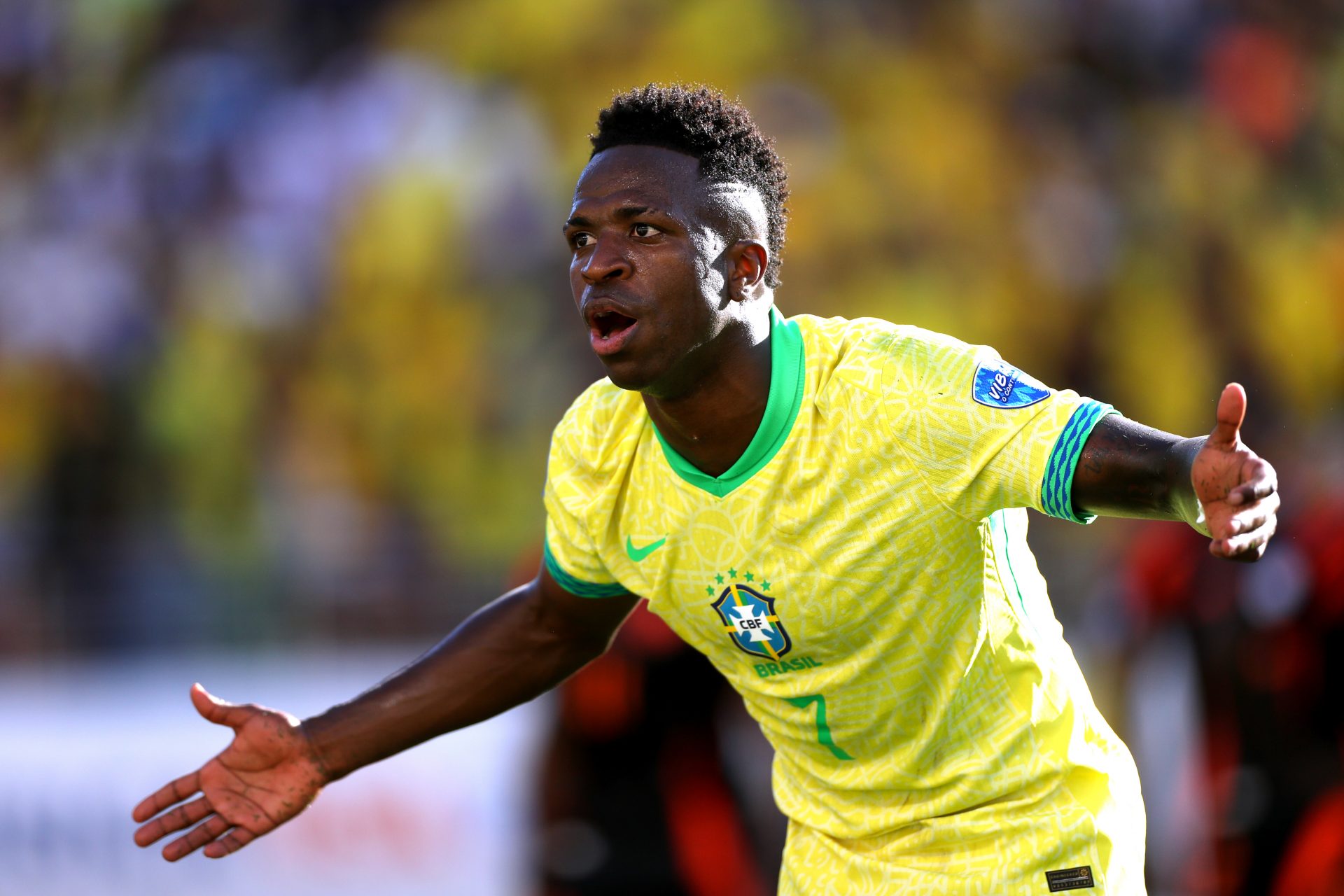"A wound that will not heal": What happened to the Seattle SuperSonics?
They were one of the most iconic teams in the NBA, but popularity and legacy isn’t everything in professional sports, as Seattle Supersonics and their loyal fans found out. Let’s take a look back at what happened to this once-beloved franchise.
The SuperSonics were founded in 1967 as an expansion team in the NBA alongside the San Diego Rockets. The team, based in Seattle, Washington, was named after the Boeing 2707 Supersonic Transport, which was being developed by Boeing – a notable Seattle-based company – at the time. It was all tied together on their now iconic green and gold team colors and flying basketball logo.
The SuperSonics were known for their fast-paced, high-scoring style of play, and they were a favorite among basketball fans. The team also had a significant impact on the NBA itself. The SuperSonics were one of the first teams to use a full-court press, and they were pioneers in the use of the three-point shot.
The SuperSonics were one of the most successful teams in the NBA during their existence. The late 70s and 80s were an especially fruitful time for the franchise and Led by Hall of Famers Lenny Wilkens and Jack Sikma, the team made it to the NBA Finals in 1978, but lost to the Washington Bullets in seven games. The team also won the Western Conference championship in 1979, and took revenge for their previous finals run – beating the Bullets in five games to win the '79 Championship!
The SuperSonics notably had another period of success in the mid-90s. This team was led by Gary Payton and Shawn Kemp and made it to the NBA Finals in 1996. Unfortunately, they came up against Michael Jordan and the Chicago Bulls in the Finals that year, and we all know how that went!
While they had successful, albeit disappointing final results, it has to be said that the team also contended with slumps and frustrating form. In the late 1980s and early 1990s, the team struggled to make it to the playoffs. While in the early 2000s, the team made it to the playoffs several times but failed to advance past the second round.
The SuperSonics ability to come up short was frustrating the fan base too, with the SuperSonics recording the fourth-lowest game attendance in the league in the last years of its tenure. While this played a role in their departure, it wasn’t what ultimately caused their downfall.
They had several issues during their time in the NBA, with one of the most significant being the team's playing infrastructure. The KeyArena, where the team had played their home games for over 40 years, was outdated and in need of significant renovations.
SuperSonics ower and Starbucks CEO Howard Schultz, who purchased the team in 2001 for $200 million, attempted to convince the local government to help fund renovations to the arena or build a new arena. When the government refused to come to the party, Shultz decided to cut his losses.
This is where the problems came to a head. In 2006, Shultz sold the SuperSonic to Clay Bennett. Bennett was a businessman from Oklahoma City, who had expressed interest in bringing an NBA team to his hometown. While Bennett promised to keep the team in Seattle, he also requested that the city build a new arena for the team. When the city (again) declined to do so, Bennett began looking for a new home for the team…see where this going?
In 2008, Clay Bennett announced that he was moving the Seattle SuperSonics to Oklahoma City. The move was controversial and caused a lot of anger among Seattle fans. The team's final game in Seattle was played on April 13, 2008, and the team officially became the Oklahoma City Thunder the following season.
Shultz, for his part later apologised for his role in the demise of the beloved franchise, which he called “one of the biggest regrets of my professional life."
"Losing the Sonics has been tragic for generations of fans, especially kids who are growing up without the benefit of an NBA team in their city," Schultz told the ‘Seattle Times’ in 2019. "It's a public wound I cannot heal. For that I will forever be deeply sorry."
The legacy of the Seattle SuperSonics is still felt today, even though the team is no longer in existence. Many Seattle fans still mourn the loss of their beloved team, and there is a grassroots movement to bring an NBA team back to the city. In 2018, the city of Seattle approved plans for a new arena in the hopes of attracting a new NBA team to the city.
More for you
Top Stories

















